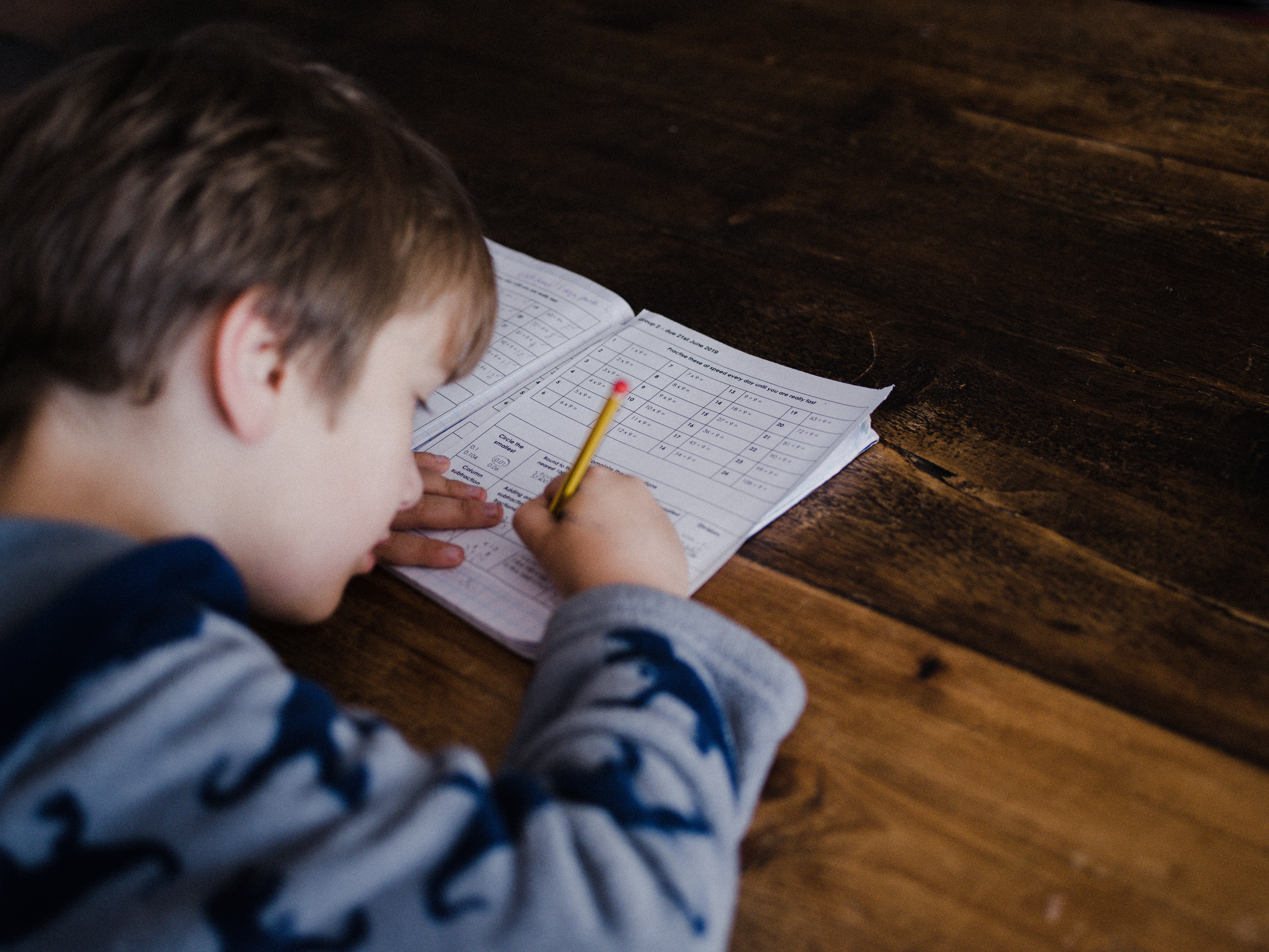
Mar
Quarantine will worsen educational inequality
This whole week I have been seeing students remotely, and my own children have been having remote lessons with tasks set by their teachers. It’s been a difficult experience for both of us, providers and receivers of education alike, but there are those who will miss out on education entirely for a substantial period of their childhood.
Students’ access to reliable technology is paramount in order to participate in remote learning. Most students of secondary age will have smartphones so basic participation in video lessons will not be too much of an issue. To get the most from distance learning though students need three things: internet access, an environment conducive to study, and a device capable of accessing and creating a large number of different electronic resources. This is where social inequalities may become an issue.
7% of UK households still did not have broadband access in 2019[i], and broadband internet access – crucial for participation in data-intensive video lessons – is still not available to all. Geographically, more rural areas are least likely to have reliable broadband both due to patchy mobile network coverage and greater distance from telephone exchanges. This lays the foundations for social inequalities in education. The relationship between wealth and internet access is suggested by the fact that London and the South-East have the highest rates of internet usage in the UK, while Northern Ireland has the lowest. Internationally, this is even more obvious: wealthy EU countries such as Denmark, Luxemburg and the UK top the league tables of Internet usage in the EU while at the bottom lag poorer countries Greece, Romania and Bulgaria[ii].
Now the second factor: environment. Wealthy families are more likely to have larger houses with more areas which can be set aside for study. Whether this is a student’s own bedroom, a study or garden room, the children of wealthy parents are more likely to have a quiet place to focus and study. It is difficult to participate in a video lesson if one is crammed into a single communal room with three other family members, and in these unfortunate situations even completing independent tasks will pose more of a challenge.
Finally, access to adequate technology is easier for wealthier students. Getting the most from a video lesson involves having access to a computer so that it is possible to complete the tasks set by teachers such as writing in a word processor or accessing a website at the same time as the video call. Access through a smartphone often means students can only observe and listen but cannot complete all the tasks set. If a family has three children, one laptop will not allow all of them to get the most from school particularly if one of the parents needs to use that device for work. The wealthier families will be able to order a new device (or three). Poorer students will be left behind.
Parental involvement will also become a more important factor. Many parents are now finding that they must fill in for their teachers, particularly for their primary school children. Online parenting forums are full of comments about either struggling to become the substitute teachers for their children or looking for ideas to make their children’s learning fun. Here the time that parents have at their disposal is a crucial factor, and so is the level of parental education.
Available time will perhaps be less of a social divider. Everyone is struggling in the current situation: parents who have been laid off, those who continue to work in essential services, or those who must juggle working from home with childcare. The families who will fare best are those where a parent is available at home to facilitate their children’s education more or less full time. Single parent families where the parent is continuing to work are likely to fare much less well.
The time parents spend with their children however will need to be actually helpful to their education and that is likely to become a social divider. Parents with a high level of education themselves are likely to be better placed both to help their children with the tasks set by schools and to make unstructured time more educational by, for example, reading books to their children and having conversations regarding complex topics. Parental educational level has a well-documented effect on children’s educational outcomes[iii] and in a quarantine situation, where children spend much time with their parents, this effect is likely to be amplified.
In summary, children whose parents are able to provide a suitable quiet place to study, a high level of access to technology and the internet, are able to spend time with their children and have a high level of education themselves are likely to speed ahead of their peers during this extended period social isolation. The children of parents who struggle to provide these material and immaterial commodities are likely to be left behind.
[i] Office for National Statistics (2019) Internet access – households and individuals, Great Britain: 2019 https://www.ons.gov.uk/peoplepopulationandcommunity/householdcharacteristics/homeinternetandsocialmediausage/bulletins/internetaccesshouseholdsandindividuals/2019#almost-two-thirds-of-households-now-have-mobile-broadband-access accessed 25/03/2020
[ii] Office for National Statistics (2019) Internet users, UK: 2019 https://www.ons.gov.uk/businessindustryandtrade/itandinternetindustry/bulletins/internetusers/2019 accessed 25/03/2020
[iii] Dubow, E. F., Boxer, P., & Huesmann, L. R. (2009). Long-term Effects of Parents’ Education on Children’s Educational and Occupational Success: Mediation by Family Interactions, Child Aggression, and Teenage Aspirations. Merrill-Palmer quarterly (Wayne State University. Press), 55(3), 224–249. https://doi.org/10.1353/mpq.0.0030

Sorry, the comment form is closed at this time.